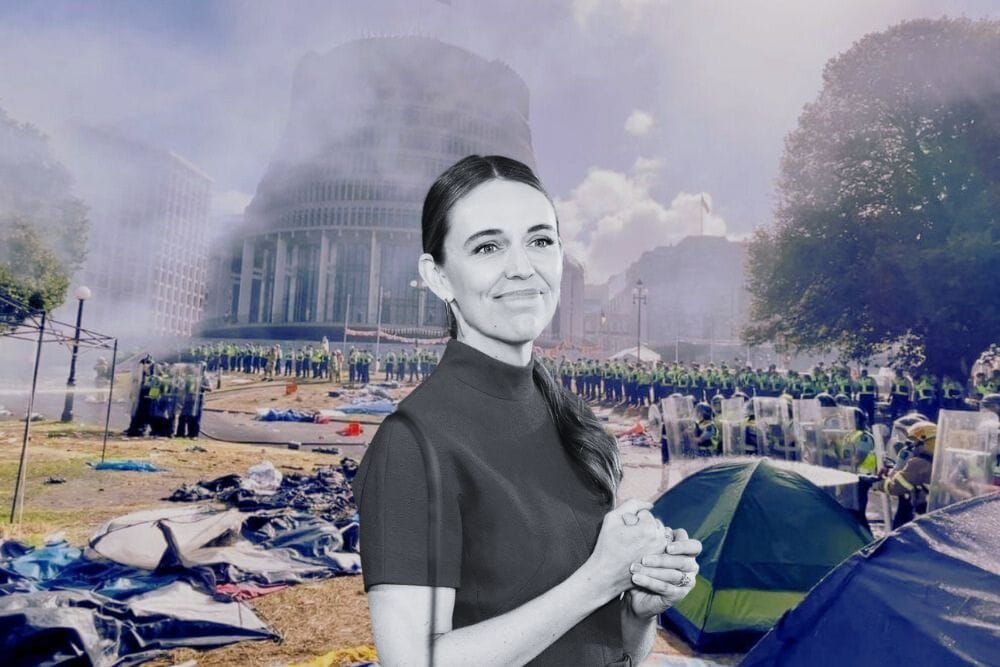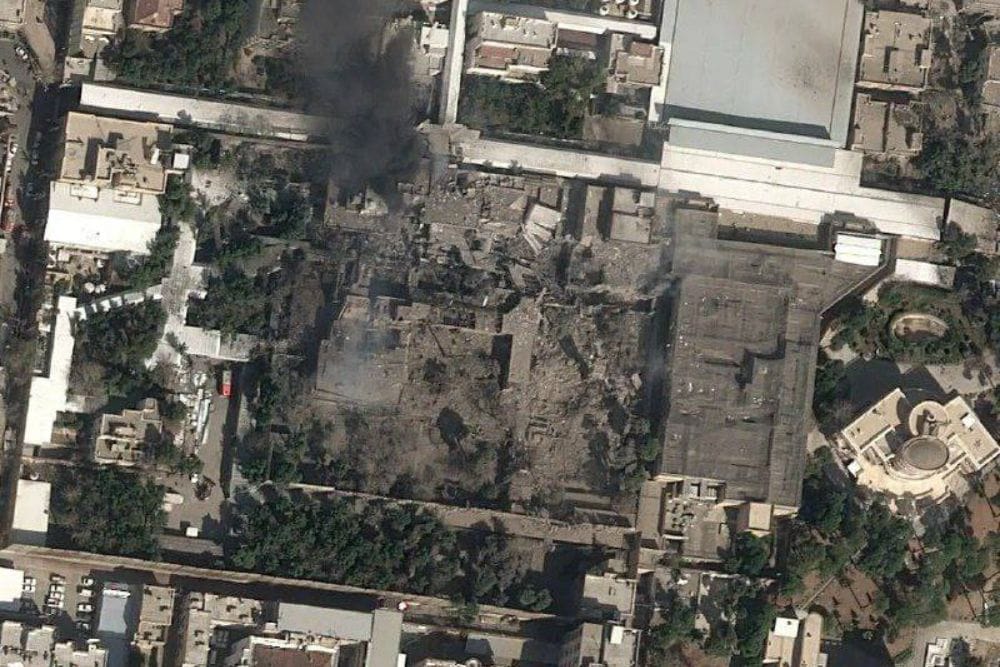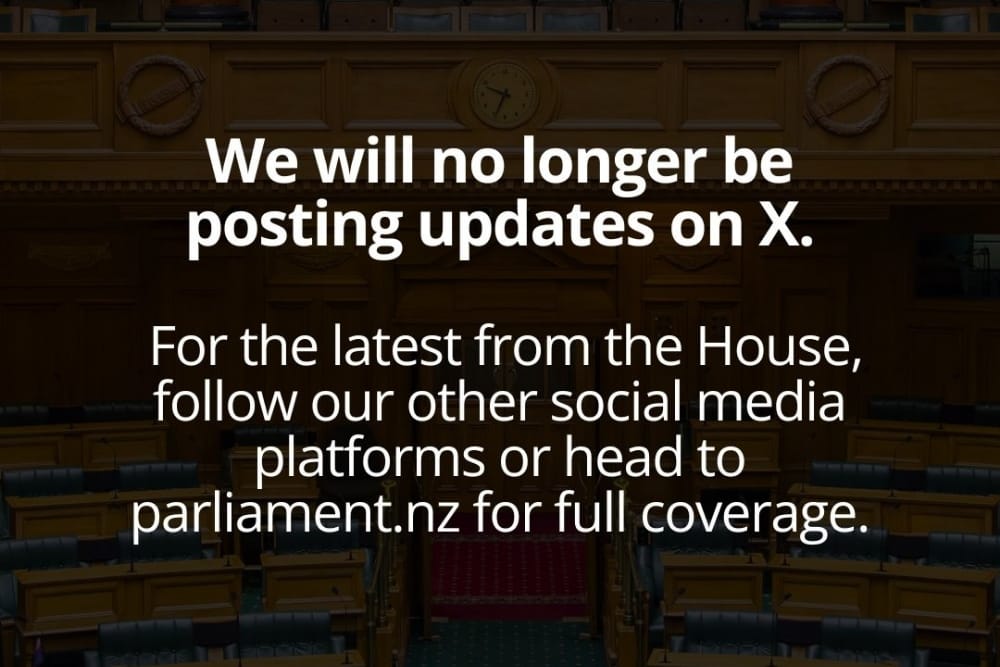By Mike Bain
Throughout 2024, New Zealanders engaged in numerous protests, each driven by a deep sense of urgency and passion. From opposing Israeli aggression in Gaza to challenging the Treaty Principles Bill, Kiwis took to the streets, voicing their concerns and demanding change. Yet, as the year progressed, it became evident that these efforts often fell short of achieving their intended goals.
The year began with marches against Israeli actions in Gaza, followed by opposition to the Treaty Principles Bill in February, and culminated in a massive hikoi to Parliament in November. Despite the fervour and energy invested in these protests, the issues at hand remained unresolved. Israeli forces continued their operations, the Treaty Principles Bill advanced, and the societal impact of these protests seemed minimal.
This pattern raises a critical question: why do we stop protesting in great numbers about certain issues, and when did we stop caring about the alleged atrocities? The answer lies in the nature of protest itself. While protests can bring about awareness and momentary unity, they often lack the sustained impact needed to drive real change. The huffing and puffing, much like the fairy tale of the three pigs, often amounts to little more than just noise.
Consider the protests against the Treaty Principles Bill. Despite vocal opposition on Waitangi Day and at Parliament, the bill progressed. Similarly, protests against Israeli actions in Gaza and Lebanon did not halt the violence. The reality is that for a protest to be effective, the cause must resonate deeply with the majority of the population. In these cases, the issues did not garner the widespread support needed to effect change.
As a seasoned journalist, I have witnessed many protests, reporting on both sides of the cause. One protest that resonated deeply with me was in 2015, following the tragic death of three-year-old Moko Rangitoheriri. The nation marched for justice, demanding an end to violent crimes against children. The heartfelt outpouring of grief and anger was palpable, uniting people from all walks of life. Yet, despite the awareness raised, the underlying issues of child abuse persisted.
The reality is that while protests can create awareness, they often fail to bring about lasting change. The next day, life goes on, and the issues remain. When we hear about another child being abused, we may raise an eyebrow and mutter, “not again,” but the cycle continues. If we truly cared, we would take sustained, meaningful action to address these issues.
New Zealand has one of the highest rates of child abuse in the developed world, ranking fifth in the OECD for child abuse levels.
While statistics have not been released for 2024, Oranga Tamariki figures show for the 12 months ending 31 March 2023 there were 69,500 reports of concern relating to children and young people; 37,800 of those reports required assessments or investigations to be carried out.
As we head into the festive season, professing goodwill to all, we must reflect on what truly matters. Behind closed doors, domestic violence and child abuse continue to plague our society. If New Zealanders want to march, huff, puff, and raise their voices, it must be for causes that unite us all. The abuse and death of innocent children should be at the forefront of our collective conscience.
In conclusion, while protests can highlight issues, they are often futile without sustained action. As a society, we must prioritize protecting our most vulnerable—our children. Let us take time to reflect on what we can achieve as a nation and commit to loving and cherishing our young ones. They are the future of our nation, and it is our duty to ensure their safety and well-being.









